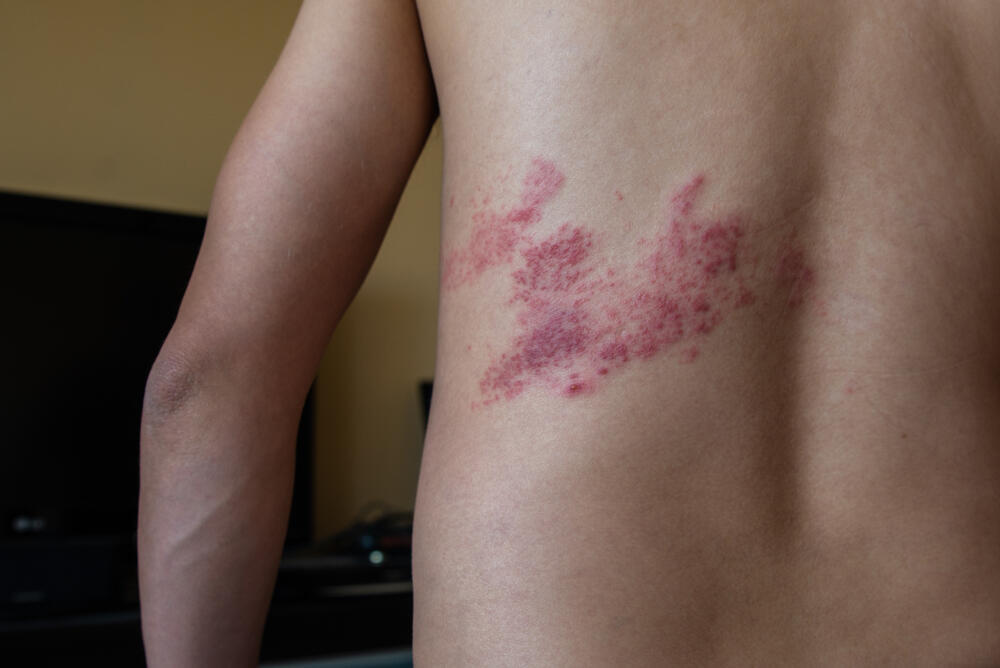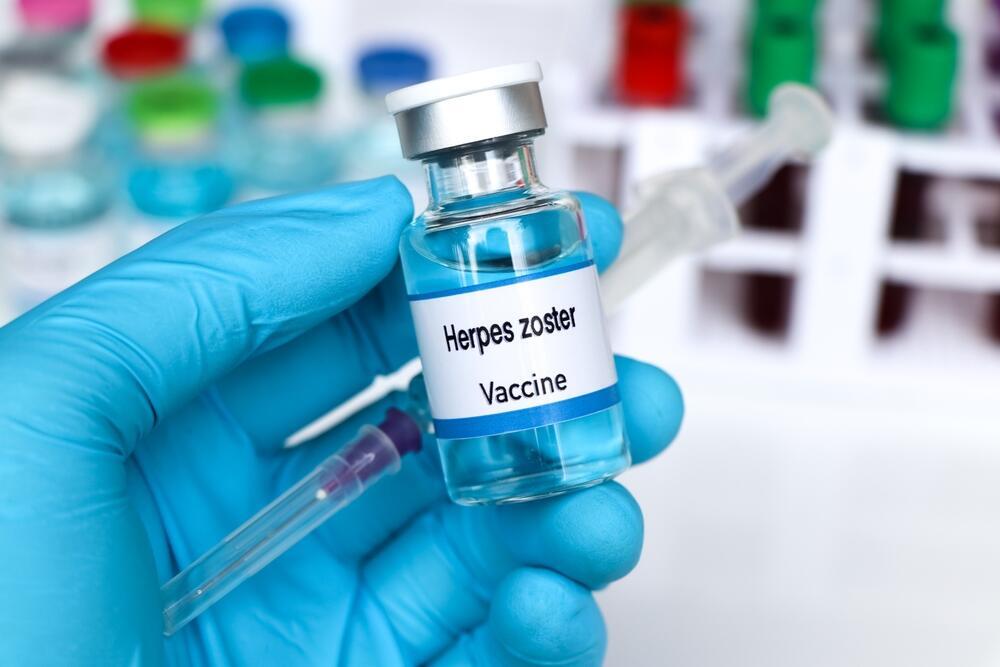Getting your Trinity Audio player ready...
A new study published in Nature Medicine has found that a vaccine against shingles (Herpes Zoster) may delay the onset of dementia. The six-year study monitored approximately 100,000 patients over the age of 65 in the United States who received a new vaccine against the virus, compared to a group that received an older vaccine. The researchers discovered that those who received the new vaccine were diagnosed with dementia nearly six months, or 164 days, later than those who received the older vaccine. However, they emphasized that further research is necessary to confirm the connection between the vaccine and dementia.
Between 20% and 50% of people over the age of 60 will develop shingles during their lifetime, often leading to severe pain. Shingles is a viral disease caused by a herpes family virus, which also causes chickenpox. About 18 years ago, vaccines against shingles were introduced in many countries, and since then, evidence has suggested that the vaccine may help protect against dementia, although there was no conclusive proof.
In the current study, researchers from the University of Oxford compared medical records of patients in the United States who received an older vaccine called Zostavax to those who received a newer vaccine called Shingrix. Over a six-year period, researchers found that a similar number of people in both groups developed dementia, but those who received the new vaccine had 17% more time without the disease. The study also indicated the treatment was even more effective among women.
At this stage, it is still unclear how the vaccine delays dementia and whether it does so directly, but Professor Paul Harrison, who led the study, clarified that "even if it is a delay of 164 days, if the connection is proven, it is significant." He suggested that "herpes viruses may be one of the many factors that promote dementia. Therefore, a vaccine that prevents the reactivation of the virus may delay the process leading to dementia."
Dr. Shelly Sternberg, Regional Geriatric Director, added that "the shingles vaccine was also more effective compared to others like the flu vaccine in reducing the risk of dementia." She noted that "the findings are not conclusive, but the number of participants was large and the methods were sound. To prove the connection between the vaccine and the reduced risk of dementia, a randomized study comparing people who receive the vaccine to those who do not, with long-term follow-up on the development of dementia, is needed."
"The question now is how the vaccines affect the development of dementia. Whether it is preventing brain damage from the virus itself, or a positive effect of the body's response to the vaccine on inflammation in brain cells, which are part of the pathology of dementia, or whether it is the effect of other components in the vaccine. Further studies are needed, but this one shows a direction," she said.
Dr. Rebekah Karplus, an infectious disease specialist consultant said the Shingrix vaccine has been available for several years. "It is a recombinant vaccine containing the varicella-zoster virus protein—which is also the virus that causes chickenpox—created using recombinant DNA technology." Karplus added that the vaccine was included in the Israeli health insurance components in 2023, indicated for the prevention of herpes-zoster and post-herpetic neuralgia in adults aged 65 and over, and in those aged 18-65 at increased risk for herpes-zoster (the basket definition includes several specific categories of immunosuppression.)
"Since it is a recombinant vaccine that does not contain a live virus (unlike the Zostavax vaccine against shingles which has been available for almost 20 years and contains a live-attenuated virus), Shingrix can also be given to immunosuppressed, a group of people who need protection against shingles and previously could not be vaccinated," Dr. Karplus said. "The vaccine is administered in two doses, two to six months apart, and its efficacy is considered to be over 90% in preventing shingles and post-herpetic neuralgia (PHN: nerve pain that appears after shingles and can persist for a long time).
But in immunosuppressed individuals, she added. "the efficacy is lower, ranging from 68%-91% in various studies, according to the CDC website, therefore, it is preferable to vaccinate a person expected to start immunosuppressive medication prior to initiating the treatment, to ensure a more effective immune response. The vaccine should also be given to those who have previously had shingles, in groups for whom the vaccine is recommended, as the disease can recur. After shingles, it is recommended to delay the vaccine administration until all sores have healed."
Karplus believes that as a precaution, it is recommended not to vaccinate pregnant women and to consider delaying the vaccine administration until after breastfeeding, as it has not yet been tested in pregnant or breastfeeding women.



